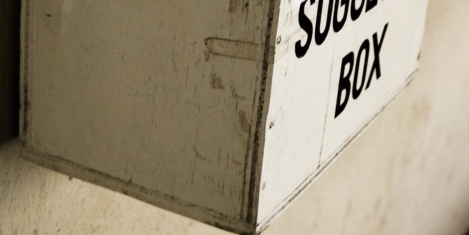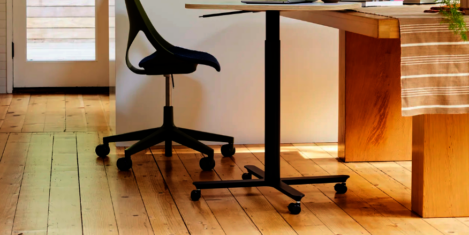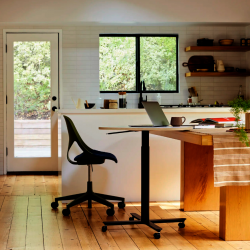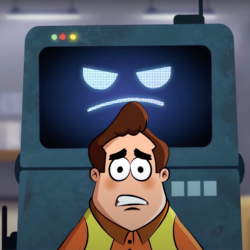October 11, 2017
UK businesses continue to stifle personal creativity at work
 UK businesses are failing to support a culture of innovation despite employees believing that their companies would benefit from fresh ideas and innovative ways of working, new research claims. The study of 1,000 workplaces conducted by RADA in Business (the commercial subsidiary of the Royal Academy of Dramatic) found that 81 percent of workplaces had failed to create a culture of creativity at work that encourages new ideas and experimentation, according to their staff. Many employees feel that businesses are suffering as a result, with just under a quarter (24 percent) saying that their workplace is desperately in need of new ideas and fresh thinking to overcome current problems.
UK businesses are failing to support a culture of innovation despite employees believing that their companies would benefit from fresh ideas and innovative ways of working, new research claims. The study of 1,000 workplaces conducted by RADA in Business (the commercial subsidiary of the Royal Academy of Dramatic) found that 81 percent of workplaces had failed to create a culture of creativity at work that encourages new ideas and experimentation, according to their staff. Many employees feel that businesses are suffering as a result, with just under a quarter (24 percent) saying that their workplace is desperately in need of new ideas and fresh thinking to overcome current problems.


































July 11, 2017
Creativity is the new productivity in the modern era of work and workplaces 0
by Serena Borghero • Comment, Facilities management, Workplace design
More →